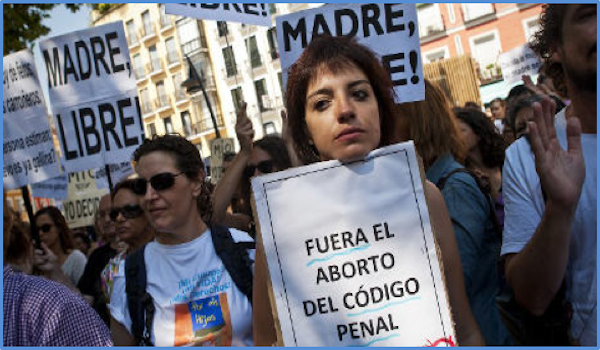
by Blanca Rodríguez-Ruiz
Social and Legal Studies, 30 December 2016;25(6):699-715. doi: 10.1177/0964663916668251
Abstract
In as far as the regulation of abortion deals with issues like how and to what extent can women’s capacity to gestate and give birth be controlled, and by whom, any discourse on abortion necessarily reflects a construction of women’s citizenship, hence of gender. The question is, which is the ruling construction? Behind non-legal discourses that focus on human life and public power’s duty to protect it, there lies the modern construction of gender that articulates women’s passive citizenship within the state. This is also true of confrontational discourses that construct women and the fetus as potential adversaries. Both discourses are traditional in continental Europe. Yet, they are being superseded by an understanding of abortion from the perspective of women’s active citizenship. Spanish Organic Act 2/2010 stands as part of this trend. Not surprisingly, governmental attempts to reinstate women’s passive citizenship in this matter have met stark resistance.



